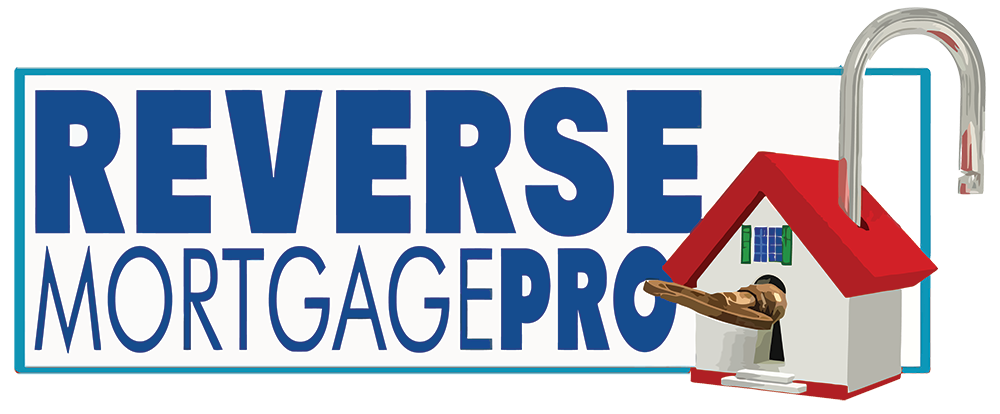Reverse loans empower many homeowners 62 years old and older to get funds from their home equity without moving out of the property. One common concern, however, is what happens to the borrower’s spouse after they pass away or enter a long-term care facility. If you’re planning to apply for a reverse mortgage, let’s discuss how it can affect your spouse’s rights and security in the future.
For Borrowing Spouses
Surviving partners listed as co-borrowers on the loan are guaranteed the same protection and rights as the mortgagor. They can continue living in the home given that they fulfill their obligations, such as living there as their primary residence, maintaining the property, and paying taxes and insurance.
The reverse loan becomes due and payable when the last borrower permanently moves out or dies. This safeguard is powerful with Home Equity Conversion Mortgages (HECMs), as the FHA insures them.
For Non-Borrowing Spouses
Originally, non-borrowing spouses in reverse mortgage programs barely had protection. If the borrow died or moved out, the loan became due and had to be repaid immediately by the surviving spouse. It was challenging for them to pay such enormous figures in a single lump sum. Because of that, many surviving spouses had to sell their homes or faced foreclosure despite living there for decades.
In 2014, this policy was deemed a violation of federal law. The HUD enforced new rules allowing eligible non-borrowing spouses to remain in the home without immediately repaying the loan. That is if they meet the following conditions:
- They must have been legally married to the borrower at the time of loan closing.
- They must be listed as non-borrowing spouses in loan documents.
- They must continue meeting loan obligations, like living in the home as a permanent residence and keeping up with property tax and insurance payments.
- They must request a deferral period following the borrower’s death.
Are There Limitations?
Yes. While the rules provide valuable protection, non-borrowing spouses cannot use the remaining loan funds after the mortgagor’s death. The loan proceeds may decrease, too, if calculated based on the younger spouse’s age.
The new policies don’t cover ineligible non-borrowing spouses and may require them to repay the loan or leave the home. These are partners who did not meet HUD’s eligibility criteria or were unmarried to the borrower during closing. Additionally, not all states permit non-borrowing spouses for reverse mortgages. So, you must check local laws if you intend to list your partner as such when applying.
Make Informed Decisions for Your Spouse’s Security
The safeguards offered by reverse mortgages for spouses vary depending on how they’re listed on the loan. Co-borrowers receive complete protection, while eligible non-borrowing spouses must meet specific conditions to continue living in the home. Conversely, ineligible non-borrowing spouses are still at risk.
Consult Reverse Mortgage Pro in Virginia to learn more about the program’s protections for spouses. We’re here to answer your questions and guide you through your options.


